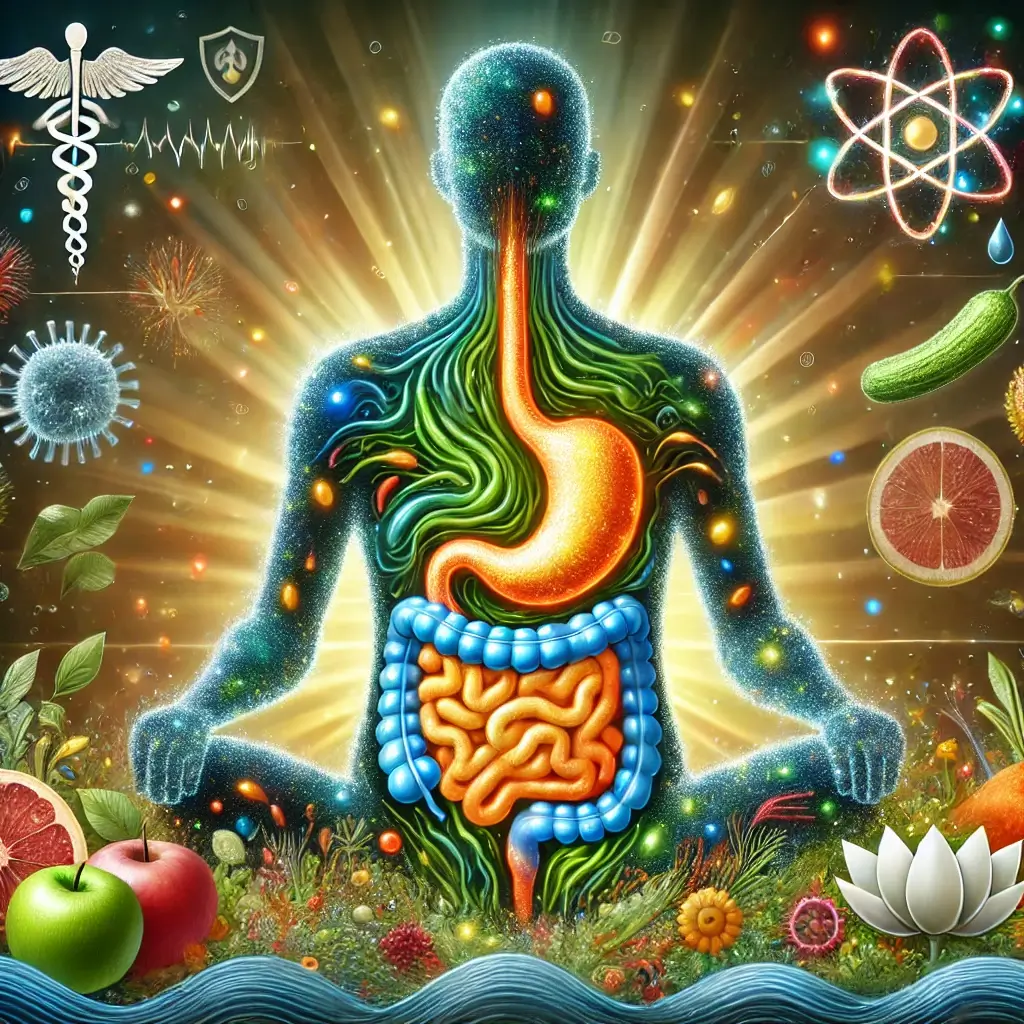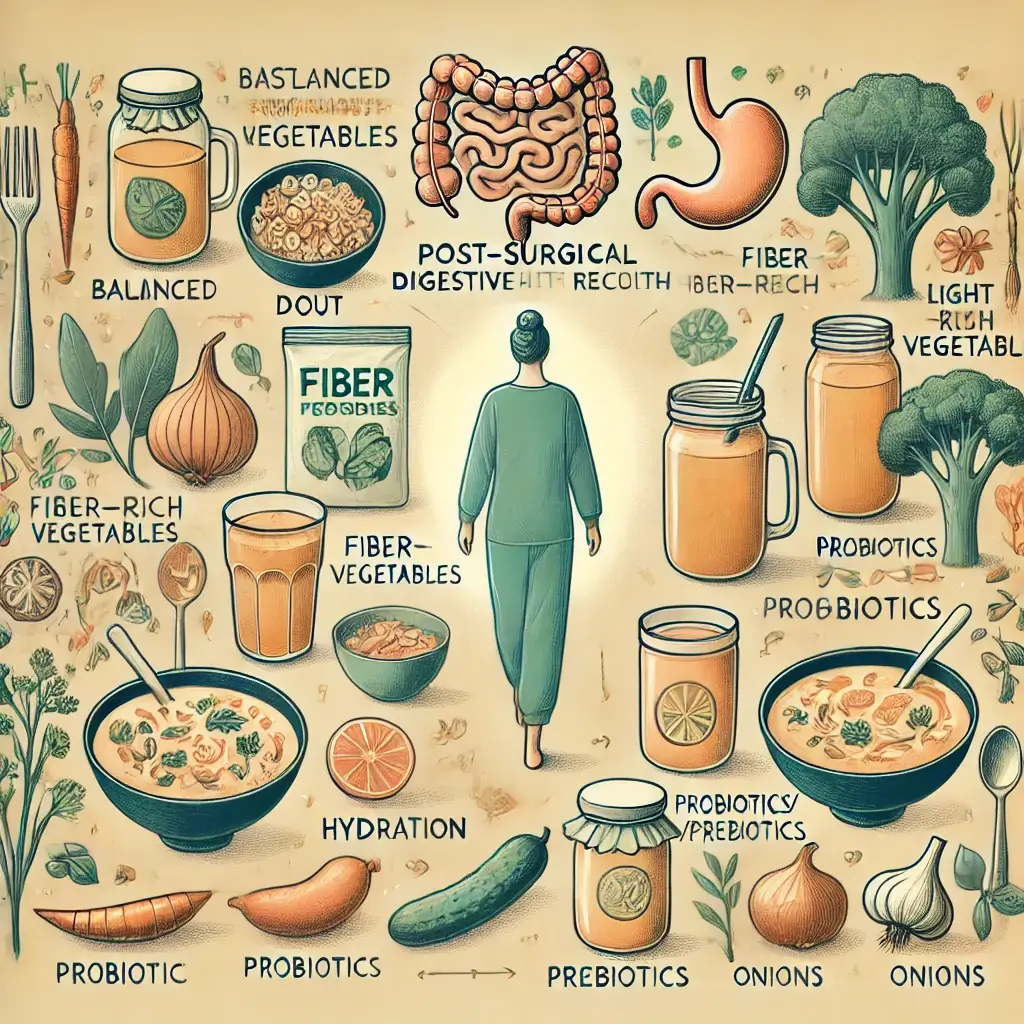Aging Well Starts in Your Gut: Evidence-Based Strategies for a Healthier Microbiome
Understanding the Critical Role of Gut Health in Aging
Aging gracefully involves more than maintaining strong muscles and sharp minds; it also requires nurturing the body’s internal systems, including the gut. Often overlooked, the gut microbiome community of bacteria living in the digestive tract—plays a critical role in overall health. This ecosystem influences digestion, nutrient absorption, immunity, mental clarity, and even mood. However, as we age, the gut microbiome undergoes profound changes that can affect these vital functions.
Aging Process Impact on Gut Balance
From decreased stomach acid production to dietary shifts and medication use, the aging process alters the gut’s delicate balance, increasing vulnerability to inflammation, infections, and chronic diseases. Moreover, the decline in immune function known as immunosenescence further compounds these challenges by weakening the body’s ability to combat harmful pathogens and repair damaged tissues.
Restoring Gut Balance for Longevity
Fortunately, the gut microbiome is dynamic, and with the right interventions, it’s possible to restore balance and promote resilience. Recent research highlights the connection between gut health and longevity, with studies showing that centenarians and individuals with robust microbial diversity enjoy better overall health and reduced inflammation. By adopting evidence-based strategies for gut health like dietary modifications, probiotic supplementation, and stress management, older adults can harness the power of their microbiome to age more healthfully.
Introduction to Gut Health and Aging Research
This article explores the interplay between aging and gut health, shedding light on the latest research and practical approaches to preserving a thriving digestive system as the years go by.
Understanding Age-Related Gut Changes
The aging gut faces unique challenges. One significant change is the natural reduction in stomach acid production, which is essential for digesting food and preventing bacterial overgrowth. A 2021 study in The Journal of Clinical Gastroenterology highlighted that lower stomach acid levels in older adults contribute to digestive discomfort and nutrient malabsorption, underscoring the need for dietary and medical interventions.
Impact of Medications on Gut Health
Medications also play a significant role in shaping the gut microbiome. Antibiotics and anti-inflammatory drugs in older adults, commonly prescribed to older adults, can disrupt microbial balance. Research in Frontiers in Medicine (2022) documented how these medications contribute to gut dysbiosis, increasing the risk of gastrointestinal issues and systemic inflammation.
Dietary Changes and Gut Health
Dietary changes often accompany aging, with many older adults consuming less fiber—a key nutrient for gut health. A 2020 study published in Nutrients found that diets low in fiber linked to reduced microbial diversity and increased inflammation. Conversely, fiber-rich diets support beneficial bacteria, promoting digestive health and protecting against age-related diseases.
Immune System and Gut Microbiome Interaction
In addition to diet, the immune system’s interaction with the gut microbiome plays a pivotal role. As described in Immunity & Aging (2022), the weakening of immune system during aging affects gut inflammation and disrupts the microbial ecosystem. This creates a feedback loop, where gut dysbiosis further weakens immunity, highlighting the importance of targeted strategies to support gut health.
Gut Microbiome’s Role in Longevity
One of the most compelling areas of research focuses on the gut microbiome’s role in longevity. A 2023 study in Nature Microbiology analyzed the gut profiles of centenarians and unique microbial signature and discovered a unique microbial signature characterized by high diversity and the presence of anti-inflammatory bacterial species. These findings suggest that fostering microbial diversity could be key to reducing age-related inflammation and promoting long-term health.
Probiotics and Prebiotics Research
Probiotics and prebiotics are increasingly recognized as valuable tools for restoring gut balance. A 2022 study in Gastroenterology showed that prebiotic supplementation increased beneficial bacteria, enhancing digestion and reducing inflammatory markers in older adults. Probiotics, found in fermented foods and supplements, have also been shown to alleviate common gastrointestinal issues like bloating and irregularity.
Mediterranean Diet and Gut Health
Another notable study in The American Journal of Clinical Nutrition (2020) examined the effects of the Mediterranean diet on gut health in aging populations. Researchers found that adherence to this plant-based diet enriched the abundance of beneficial bacteria and reduced inflammation markers, making it a powerful dietary approach for supporting the aging gut.
Evidence-Based Strategies for Gut Health
To promote a healthy gut as you age, consider the following evidence-based strategies: Focus on Fiber, Incorporate Prebiotic and Probiotic Foods, Hydrate Well, Stay Active, Manage Stress, Limit Processed Foods, and Discuss Medications with Your Doctor.
The Path to Longevity Through Gut Health
Aging may bring challenges, but maintaining a healthy gut microbiome can profoundly impact your overall well-being. The gut serves as a vital control center for digestion, immunity, and inflammation—processes that directly influence how we age. By prioritizing fiber-rich foods, incorporating prebiotic and probiotic sources, staying active, and managing stress, you can protect and enhance your gut health.
Conclusion and Future Implications
Recent research underscores that the path to longevity is paved with microbial diversity and balance. By nurturing your gut, you’re not only investing in better digestive health but also reducing your risk of chronic diseases and boosting your resilience to the effects of aging. With the right strategies, you can turn your gut into a powerful ally in your quest for a vibrant, fulfilling life.
Research References
Fransen, M., et al. (2023). Gut microbiota of Centenarians: Evidence for a Specific Composition. Nature Microbiology.
Smith, L. R., et al. (2022). Impact of Prebiotics on the Aging Gut Microbiome. Gastroenterology.
Brown, K., et al. (2020). Mediterranean Diet and Gut Microbiota Composition. The American Journal of Clinical Nutrition.
Walker, M., et al. (2022). Gut-Immune Interactions in Aging: Implications for Health. Immunity & Aging.
Lee, C., et al. (2020). The Role of Dietary Fiber in Gut Microbial Diversity. Nutrients.
Clarke, T., et al. (2021). Exercise-Induced Changes in Gut Microbiome Composition. Gut Microbes.
Zhang, H., et al. (2021). Effects of Medications on the Gut Microbiome. Frontiers in Medicine.













